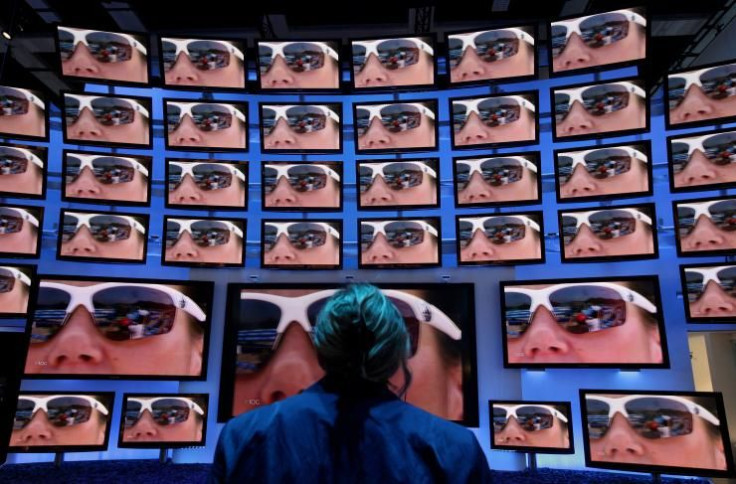Cord-Cutting Is Only Going To Get Worse As New Households Reject Cable And Satellite Bundles, Report Says

Another day, another report that claims the sun has set on pay television. The doomsdayer du jour is research firm eMarketer, which is predicting an overall decline of 4.3 million pay TV customers by 2019, and an increase of 8.6 million nonpay TV households in the same time period.
Those are large, scary numbers. But that translates to around 96.4 million households that will still be paying for a traditional cable or satellite bundle in 2019 (down from 100.7 million in 2015), and 28.1 million households eschewing said bundle (up from 20.8 million in 2015). Currently, around 84 percent of adults pay for TV services, per the eMarketer report, with “cord-nevers,” -- customers who have never paid for traditional cable -- making up just 3.5 percent of the adult population.
And, perhaps somewhat anachronistically, telecommunications companies like Verizon and AT&T may actually weather the storm better than their cable and satellite brethren, with eMarketer predicting a small amount of growth in the telecom sector through 2019. Growth of 1 percent over the next couple years isn’t much, but it’s better than a 1 percent decline.
The problem for pay TV companies, analysts say, isn’t necessarily that current subscribers are abandoning ship, although that’s something to watch. It’s that the number of households in America is increasing, but new households aren’t signing up for TV services -- cord-nevers, rather than cord-cutters.
Don't Cry for Comcast
Providers aren’t being caught with their pants down, though. Cable companies like Comcast and Time Warner Cable don’t just offer TV -- they are major providers of high-speed internet. Comcast now has more broadband customers than TV subscribers. As customers shift to internet-only services, those companies will simply charge more for broadband.
AT&T, which had previously provided TV through its AT&T U-verse service, made its own big move this year by swallowing satellite company DirecTV in July. Satellite companies are more vulnerable to cord-cutting because their internet service offerings are, comparatively speaking, anemic.
But AT&T CEO Randall Stephenson told investors at a conference in New York Tuesday his company plans to introduce a new streaming product that delivers a full TV package to mobile devices via the AT&T network in the next 30 days, having spent the last several months renegotiating agreements with various networks for the rights to on-demand episodes that can be streamed via mobile network.
One of the more attractive elements of this TV-via-mobile package would be the ability to stream NFL Sunday Ticket, which allows viewers to watch every NFL game in the country (for an extra $239 per year, at minimum). Sunday Ticket is exclusive to DirecTV, and was considered so crucial to the merger, AT&T made DirecTV’s Sunday Ticket deal renewal with the NFL -- and the extension of streaming rights via mobile in addition to broadband -- a condition of the sale.
Dishing It Out
While DirecTV now lies within the cozy embrace of telco, possibly insulating it from further harm, satellite competitor Dish Network has been left in the cold, despite rumors of one mobile company (Verizon) or another (T-Mobile) sniffing around.
Dish has offered its own TV-via-the-internet service, Sling TV, since February. Sling won’t release its subscriber numbers, but analysts estimate 500,000 subscribers use the service. The potential bad news is those same analysts are seeing a slowdown in the number of people signing up. That could just be a seasonal hiccup -- after all, cable subscription levels rise and fall on a seasonal basis -- or indicate the product needs some tweaking. Regardless, 500,000 people who probably wouldn’t have paid for cable anyway forking over a minimum of $20 per month (depending on how many additional channels involved) is hardly a bad thing. And either way, Dish gets paid.
Pay TV is dead. Long live pay TV-through-the-internet.
© Copyright IBTimes 2024. All rights reserved.






















